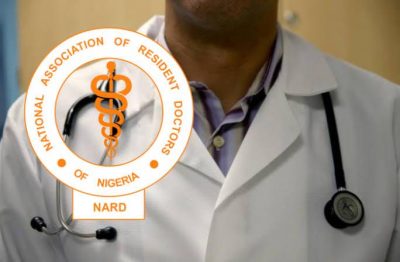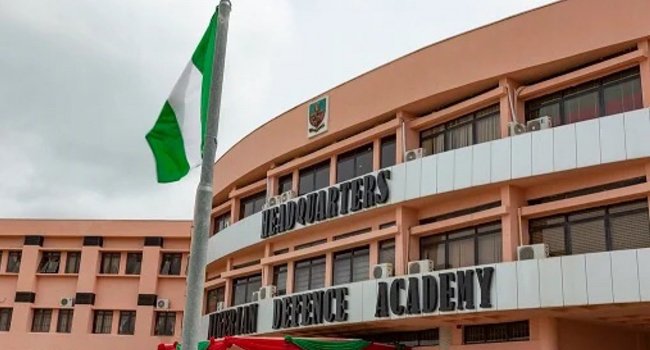The Nigerian Association of Resident Doctors (NARD) and the Nursing and Midwifery Council of Nigeria (NMCN) have renewed their strong appeal to hospitals across the country to comply with the Compulsory Treatment and Care for Victims of Gunshot Wounds Act, 2017, which mandates the immediate treatment of gunshot victims without demanding police reports.
The reminder follows recurring reports of hospitals refusing to admit or attend to victims of gunshot injuries — a practice that continues to result in avoidable loss of lives.
Speaking with the News Agency of Nigeria (NAN) in Abuja on Sunday, both professional bodies condemned the persistent neglect and warned that such refusals not only breach medical ethics but also constitute a criminal offence under Nigerian law.

The 2017 Act, signed into law to prevent delays in emergency medical care, clearly stipulates that “any person or authority whose omission leads to the unnecessary death of a gunshot victim may face up to five years’ imprisonment, a fine of ₦500,000, or both.”
Furthermore, the Nigerian Police Force, in a circular dated October 25, 2023, had directed all officers to comply fully with the provisions of the Act, emphasizing that no medical treatment should ever be delayed on account of police documentation.
“Our duty is to save lives, not to judge,” says NARD President
Dr. Mohammad Suleiman, the National President of NARD, described the refusal to treat gunshot victims without a police report as “unacceptable and inhumane.” He reminded health professionals that the Federal Ministry of Health had long directed all hospitals to prioritise life-saving interventions before any administrative formalities.
“Some doctors might be unaware of the law, which is why NARD consistently educates its members through Continuing Medical Education (CME) programmes,” Suleiman explained. “Where I practice in Katsina, we treat first, the police pick up the process later. Our role as doctors is to save lives, not to judge.”
He further urged members of the public to report cases of hospital refusal, stressing that no doctor or health institution has the legal or ethical right to turn away an emergency patient, whether for lack of funds or paperwork.

“Rejecting patients in emergencies is criminal and unethical. Any doctor who acts otherwise should be referred to the Medical and Dental Council of Nigeria (MDCN) disciplinary tribunal for appropriate sanctions,” he said.
Dr. Suleiman lauded the Federal Ministry of Health for strengthening emergency response systems across hospitals and reminded practitioners that the MDCN tribunal holds powers equivalent to a Federal High Court in disciplinary matters.
NMCN: “Nurses must prioritise life over paperwork”
Also speaking on the issue, the Registrar of the Nursing and Midwifery Council of Nigeria (NMCN), Mr. Ndagi Alhassan, acknowledged that in some hospitals, restrictive internal policies often impede swift emergency care. However, he reiterated that no hospital policy should override federal directives or ethical obligations to save a life.
“In some hospitals, policy demands documentation before treatment, but nurses must prioritise life,” Alhassan said. “With the federal directive in place, saving the patient must come first — documentation can follow later.”
He called on all nurses and healthcare practitioners to immediately stabilise gunshot victims before completing formalities, emphasizing that “that is the ethical, professional, and lawful approach to emergency care.”
Upholding Humanity and Justice
The renewed call by NARD and NMCN underscores the urgent need for continued awareness and enforcement of the Compulsory Treatment and Care for Victims of Gunshot Wounds Act. Despite clear legislative and administrative frameworks, lapses in compliance persist, costing innocent lives.
Medical experts and human rights advocates have called for stricter sanctions against hospitals and professionals who fail to act in life-threatening emergencies.
Ultimately, both organisations reaffirmed that the protection of life remains the cornerstone of medical ethics — a responsibility that must never be overshadowed by bureaucracy, fear, or administrative bottlenecks.
Read More:









